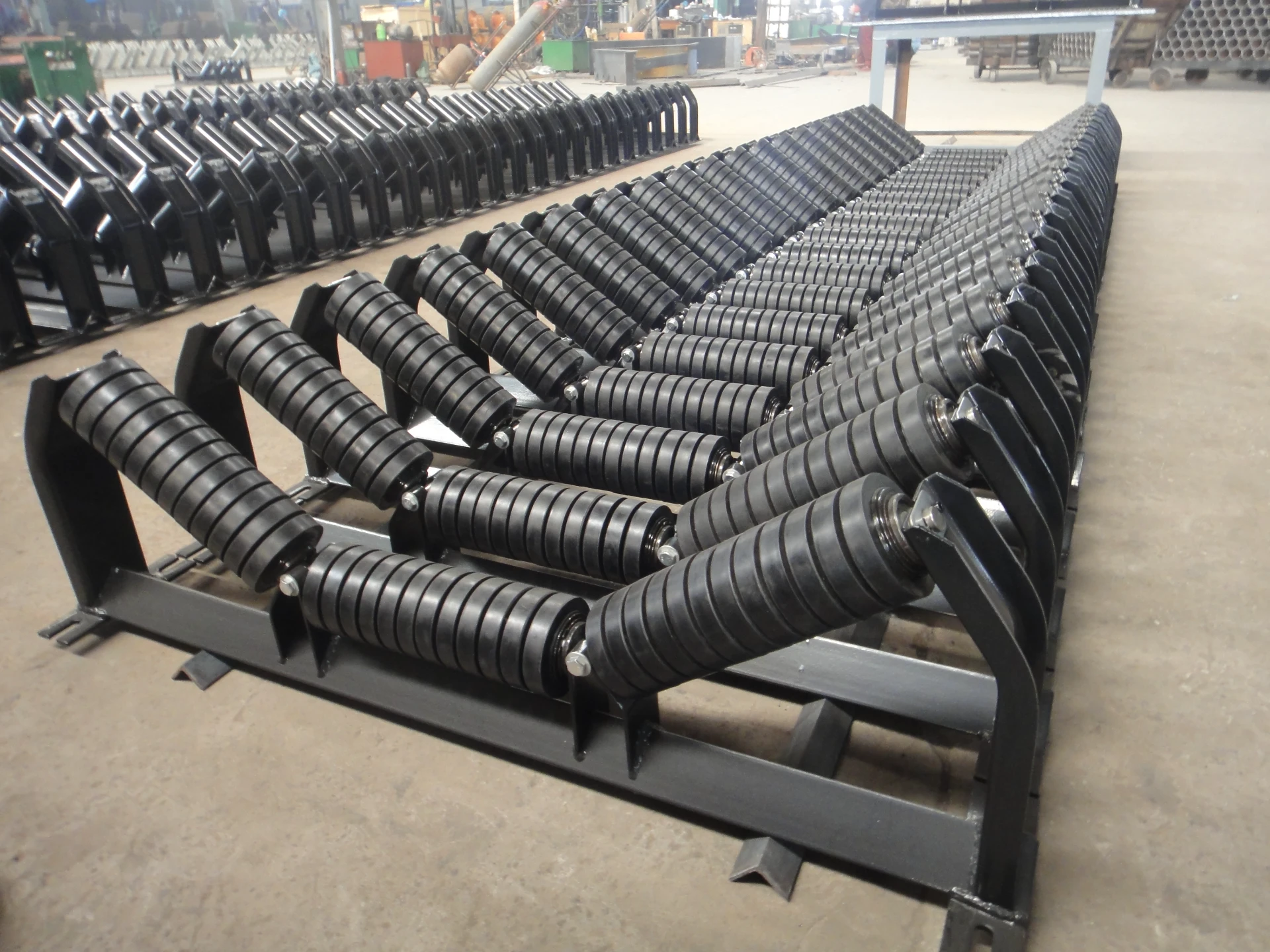 Afrikaans
Afrikaans  Albanian
Albanian  Amharic
Amharic  Arabic
Arabic  Armenian
Armenian  Azerbaijani
Azerbaijani  Basque
Basque  Belarusian
Belarusian  Bengali
Bengali  Bosnian
Bosnian  Bulgarian
Bulgarian  Catalan
Catalan  Cebuano
Cebuano  Corsican
Corsican  Croatian
Croatian  Czech
Czech  Danish
Danish  Dutch
Dutch  English
English  Esperanto
Esperanto  Estonian
Estonian  Finnish
Finnish  French
French  Frisian
Frisian  Galician
Galician  Georgian
Georgian  German
German  Greek
Greek  Gujarati
Gujarati  Haitian Creole
Haitian Creole  hausa
hausa  hawaiian
hawaiian  Hebrew
Hebrew  Hindi
Hindi  Miao
Miao  Hungarian
Hungarian  Icelandic
Icelandic  igbo
igbo  Indonesian
Indonesian  irish
irish  Italian
Italian  Japanese
Japanese  Javanese
Javanese  Kannada
Kannada  kazakh
kazakh  Khmer
Khmer  Rwandese
Rwandese  Korean
Korean  Kurdish
Kurdish  Kyrgyz
Kyrgyz  Lao
Lao  Latin
Latin  Latvian
Latvian  Lithuanian
Lithuanian  Luxembourgish
Luxembourgish  Macedonian
Macedonian  Malgashi
Malgashi  Malay
Malay  Malayalam
Malayalam  Maltese
Maltese  Maori
Maori  Marathi
Marathi  Mongolian
Mongolian  Myanmar
Myanmar  Nepali
Nepali  Norwegian
Norwegian  Norwegian
Norwegian  Occitan
Occitan  Pashto
Pashto  Persian
Persian  Polish
Polish  Portuguese
Portuguese  Punjabi
Punjabi  Romanian
Romanian  Russian
Russian  Samoan
Samoan  Scottish Gaelic
Scottish Gaelic  Serbian
Serbian  Sesotho
Sesotho  Shona
Shona  Sindhi
Sindhi  Sinhala
Sinhala  Slovak
Slovak  Slovenian
Slovenian  Somali
Somali  Spanish
Spanish  Sundanese
Sundanese  Swahili
Swahili  Swedish
Swedish  Tagalog
Tagalog  Tajik
Tajik  Tamil
Tamil  Tatar
Tatar  Telugu
Telugu  Thai
Thai  Turkish
Turkish  Turkmen
Turkmen  Ukrainian
Ukrainian  Urdu
Urdu  Uighur
Uighur  Uzbek
Uzbek  Vietnamese
Vietnamese  Welsh
Welsh  Bantu
Bantu  Yiddish
Yiddish  Yoruba
Yoruba  Zulu
Zulu polyethylene roller
The Versatility and Applications of Polyethylene Rollers
Polyethylene rollers are a crucial component in various industrial applications, offering a blend of durability, chemical resistance, and low friction properties. As industries continue to evolve, the demand for efficient and reliable machinery increases, leading to a greater need for components that can withstand rigorous conditions. Polyethylene, a versatile thermoplastic, has emerged as a material of choice for roller manufacturing due to its unique properties.
What is Polyethylene?
Polyethylene (PE) is a polymer made from the polymerization of ethylene, a simple hydrocarbon gas. It is one of the most common plastics, known for its strength, lightweight nature, and resistance to moisture and chemicals. Polythene comes in different densities, with low-density polyethylene (LDPE) and high-density polyethylene (HDPE) being the most widely used. Each type has its own applications and benefits, influencing the design and functionality of rollers made from this material.
Properties of Polyethylene Rollers
1. Chemical Resistance Polyethylene rollers exhibit excellent resistance to a wide range of chemicals, making them suitable for use in industries such as food processing, pharmaceuticals, and waste management. They do not corrode or rust, allowing for prolonged use without degradation.
2. Low Friction Coefficient The smooth surface of polyethylene provides a low friction coefficient, which facilitates movement and reduces wear and tear on machinery. This property is particularly beneficial in conveyor systems where rollers play a pivotal role in product transportation.
3. Durability and Longevity Polyethylene's strength-to-weight ratio ensures that rollers are both lightweight and durable. They can withstand heavy loads and significant impact stress, making them ideal for demanding environments.
4. Versatile Temperature Resistance While polyethylene does not perform well at extremely high temperatures, it maintains its structural integrity in various operating conditions, making it suitable for many industrial settings.
5. Customizability Polyethylene rollers can be easily molded and fabricated into specific shapes and sizes, allowing for tailored solutions that meet the precise needs of different applications.
Applications of Polyethylene Rollers
Polyethylene rollers find applications across numerous industries due to their favorable properties. Some notable usages include
polyethylene roller

1. Conveyor Systems In manufacturing and logistics, polyethylene rollers are commonly used in conveyor belts. They aid in the smooth movement of products, reduce energy consumption, and enhance overall efficiency.
2. Agriculture In agricultural settings, polyethylene rollers are utilized in various machinery for planting and harvesting. Their durability ensures they can handle tough conditions, such as exposure to soil and fertilizers.
3. Material Handling Warehouses and distribution centers leverage polyethylene rollers for transfer systems, helping streamline operations and improve workflow efficiency.
4. Food Processing The chemical resistance and easy cleanability of polyethylene make these rollers ideal for food handling and processing equipment, ensuring compliance with health and safety regulations.
5. Recreational Equipment Polyethylene rollers are also used in recreational applications, such as in roll-out trailer systems and playground equipment, providing a safe and smooth experience.
Benefits of Using Polyethylene Rollers
1. Cost-Effective Compared to metal rollers, polyethylene rollers often come at a lower cost, along with reduced maintenance requirements, leading to overall savings for businesses.
2. Environmentally Friendly Polyethylene is recyclable, which aligns with contemporary sustainability goals. This makes it an attractive option for companies looking to minimize their environmental impact.
3. Noise Reduction Polyethylene rollers tend to operate more quietly than their metal counterparts, which can be a significant advantage in sensitive environments where noise control is important.
Conclusion
Polyethylene rollers exemplify the intersection of functionality and innovation in industrial applications. Their diverse properties make them indispensable in a variety of sectors, ranging from agriculture to manufacturing. As industries continue to seek solutions that enhance efficiency while remaining cost-effective and sustainable, polyethylene rollers are likely to retain their prominent position as a favored choice in machinery design and engineering. With continued advancements in materials science, the future of polyethylene as a roller material looks promising, paving the way for even more sophisticated and specialized applications.
-
Revolutionizing Conveyor Reliability with Advanced Rubber Lagging PulleysNewsJul.22,2025
-
Powering Precision and Durability with Expert Manufacturers of Conveyor ComponentsNewsJul.22,2025
-
Optimizing Conveyor Systems with Advanced Conveyor AccessoriesNewsJul.22,2025
-
Maximize Conveyor Efficiency with Quality Conveyor Idler PulleysNewsJul.22,2025
-
Future-Proof Your Conveyor System with High-Performance Polyurethane RollerNewsJul.22,2025
-
Driving Efficiency Forward with Quality Idlers and RollersNewsJul.22,2025





























